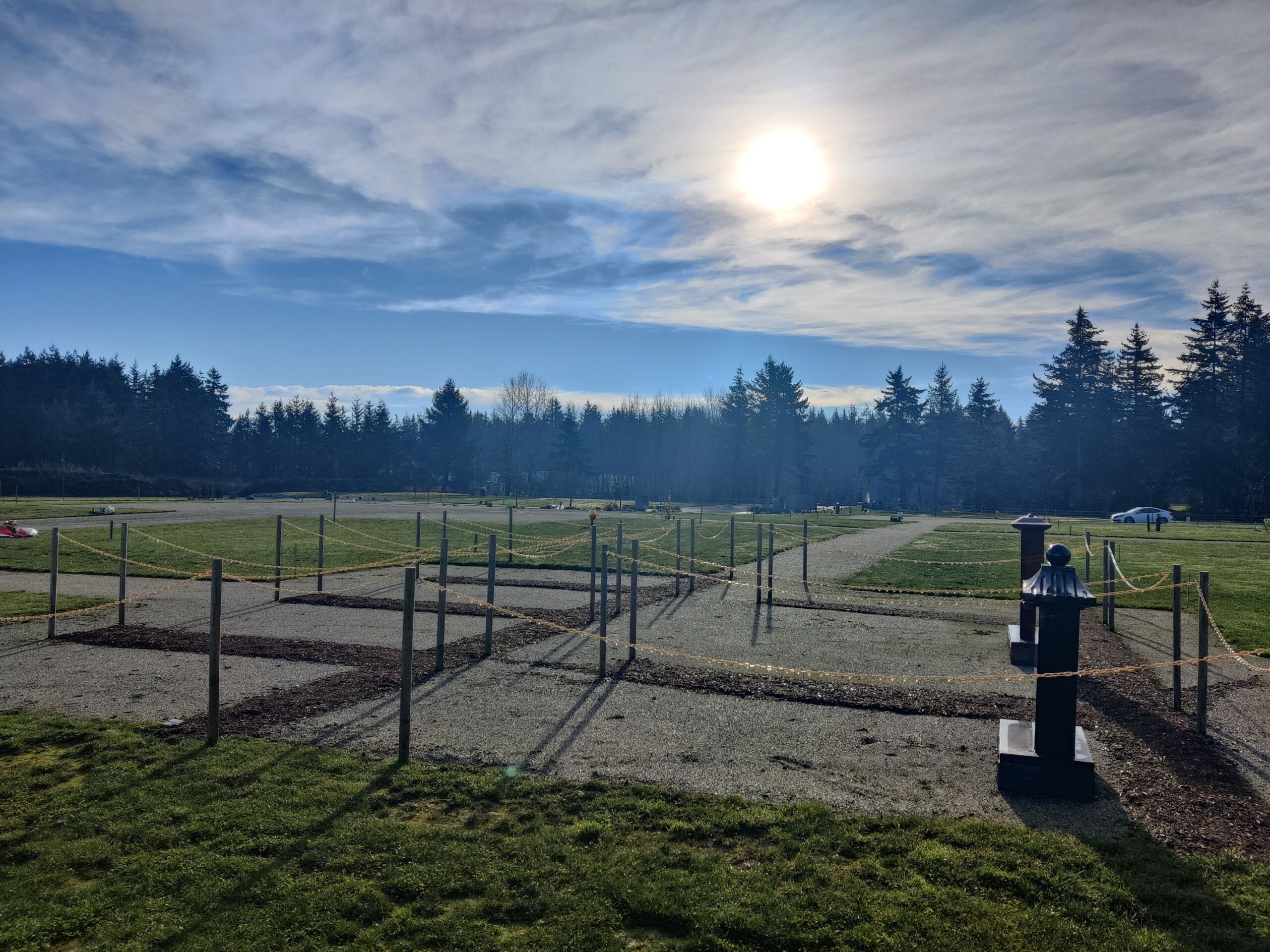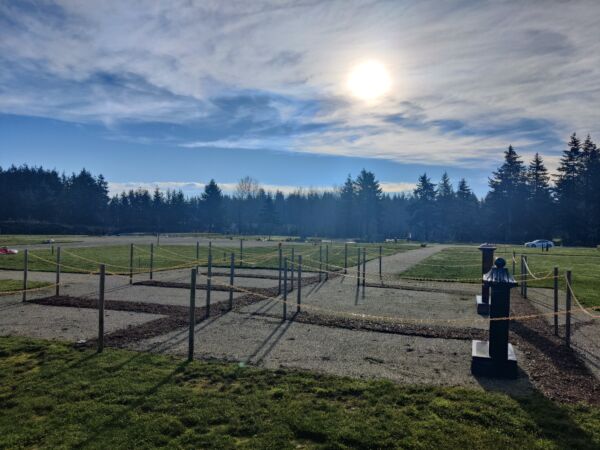In Islam, the dead are buried to comfort the living and house the soul till Yawm al-qiyāmah, or Day of Resurrection. The burial process, or Dafn, is about accepting death patiently and admitting that this is Allah, the Creator’s verdict. It’s a process that signals the dead’s journey to Akherat, the afterlife.
At an Islamic burial, the Muslim community gathers to pray for the dead, gives them a simple burial according to Islamic laws, and then heads to the house of the immediate family to comfort and care for them. It is a modest, somber, and sincere affair that helps the deceased and their family process the life after.
The Islamic burial process is governed by Sharia law, which also governs a Muslim’s lifestyle. Although the process seems linear on the surface, there are many details and steps. This article will provide a brief overview of the whole process, starting with how Muslims mourn the dead.
Mourning the Dead in Islam
There are certain restrictions on mourning in Islam. Mourners cannot perform the following 8 actions:
- Loud wailing.
- Showing extreme emotions.
- Displaying rage or complaining.
- Thrashing about or ripping clothing.
- Uttering expletives or sacrilegious words.
- Self-harm.
- Bid’ah, any form of grave worshipping or invocations.
- Record the burial process.
In Al-Baqarah 2: 153, it’s stated, “O believers! Seek comfort in patience and prayer. Allah is truly with those who are patient.” In Al-Baqarah 2: 155-156, it’s said, “We will certainly test you with a touch of fear and famine and loss of property, life, and crops. Give good news to those who patiently endure- who say, when struck by a disaster, “Surely to Allah we belong and to Him we will all return.”” In death, the same attitude is required of the mourners. Some of the recommended actions are:
- Displaying Sabr, patience and controlling one’s emotions.
- Offering D’ua, or supplication for the deceased.
- Participating in the funeral actively.
- Respecting the mourning period.
- Offering Sadaqah, or donations on behalf of the dead.
- Reciting verses from the Quran.
There are also some rulings on the mourning period. For 40 days after death, the deceased is believed to stay in a state of Barzakh, in between the mortal realm and the afterlife. Muslims offer D’ua and donate in the name of the dead during this time.
For women, it is mentioned in Al-Bukhari that they must mourn a relative for 3 days, and their husbands for 4 months and 10 days. During this time, it is advised to stay at home, wear plain clothes, and remain unadorned.
The Burial Process
Before burial, the deceased’s body is washed. This process, Ghusl, begins with Istinja, washing the privates, then Wudu for spiritual purification. Afterward, water is poured on the head, the right, then the left side of the body.
The body is then covered with Kafan, an inexpensive white shroud. The community and relatives may come to see the body before they are taken to an open space for Janazah, the final prayer.
The Janazah is a shorter version of the traditional prayer of Muslims with a few changes. This prayer accepts death and prays for the salvation of the soul to Allah, the creator.
Finally, the body is taken to a Muslim cemetery where they are given a simple burial. There are some instructions to follow. However, the basic idea is to house the dead in a way that they cannot be dug up or disturbed.
Cremation and embalming are not permitted in Islam. As the dead are believed to resurrect on Yawm al-qiyāmah, such acts are considered desecration.
Comforting the Family
After the burial, the Muslim community visits the house of the deceased to comfort and care for the family. They offer food to the family and ensure that the members are not ignoring their well-being. After three days, the burial process comes to an end.
Understand More at Bakerview
Bakerview Memorial Cemetery is open to all Faiths, Cultures, and Religions, and is the affordable legacy building option in the Lower Mainland. We have entire sections dedicated to the various faiths and cultures of the greater Vancouver region, and therefore have a designated section for Muslim burials; Crescent.
Death is a hard reality to face but you don’t have to face it alone. Bakerview Memorial Cemetery has experienced, dedicated staff who specializes in Muslim burial. If you are in Aldergrove, Abbotsford, Greater Vancouver, or Chilliwack, we can take on the responsibility. We have an annual Fall 2024 promotion going on if you wish to prepare in advance.
Conclusion
In Islam, burial rituals and customs have the community aid and comfort the deceased’s family while praying to Allah, the creator in Islam, for the deceased’s soul’s deliverance. While this process is complicated, much of this is rooted in the typical practices of the religion. Which is why it provides solace and kindly teaches everyone the inevitability of death.

Published: October 16, 2024
